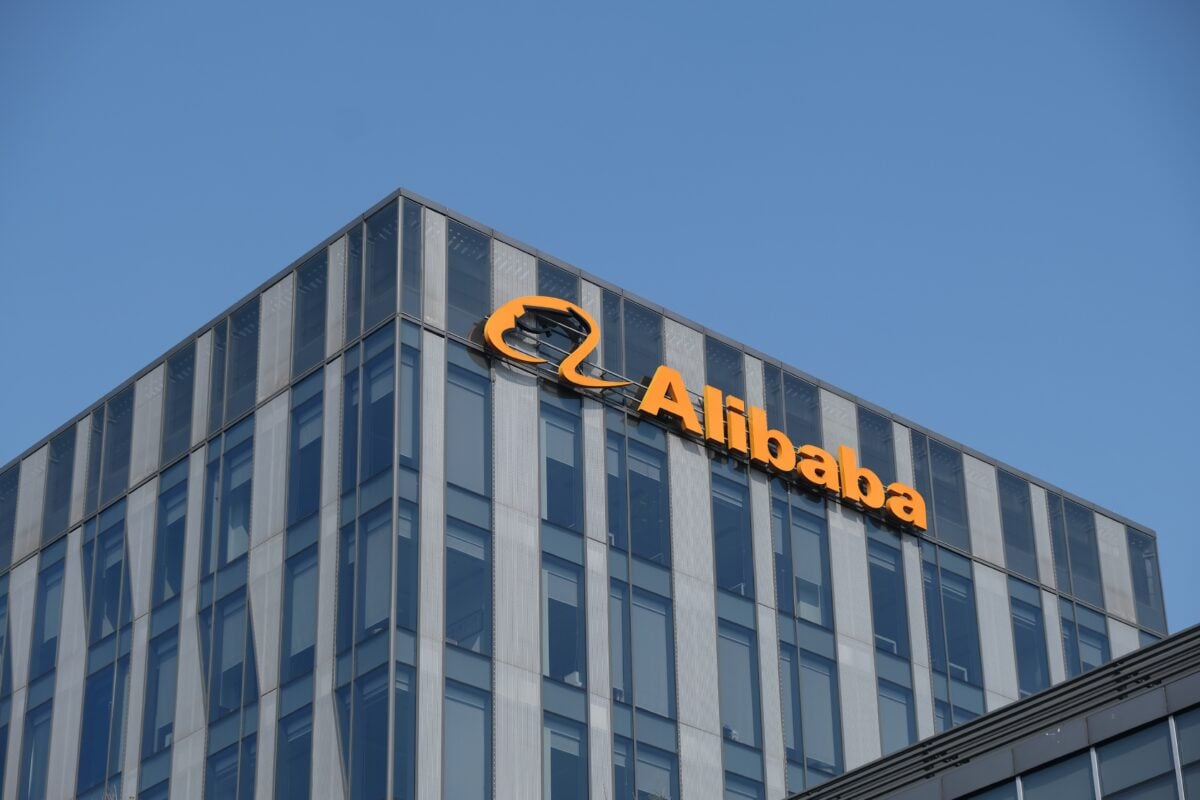TLDRs:
Contents
- Alibaba unveils its first AI smart glasses, Quark, at WAIC 2025 in Shanghai.
- Quark glasses feature slim design, Qualcomm AR chip, and Alibaba ecosystem integration.
- The launch aligns with Alibaba’s $53B AI infrastructure investment plan.
- Quark aims to fix flaws of earlier AI glasses like battery life and weak AI support.
Alibaba Group Holding officially stepped into China’s increasingly competitive smart glasses arena, previewing its first pair of AI-powered smart glasses, Quark, at the World Artificial Intelligence Conference (WAIC) held in Shanghai on July 26.
The product represents Alibaba’s growing ambitions to lead in both AI software and hardware development.
Though the public debut was limited to a prototype reveal, the Hangzhou-based tech giant confirmed that development of the Quark glasses is complete and a commercial launch is expected later this year. However, no specific date was announced.
A Strategic Expansion in AI and Consumer Tech
The Quark glasses are named after Alibaba’s AI assistant and symbolize the company’s pivot into wearable consumer devices powered by artificial intelligence.
The glasses are powered by Qualcomm’s Snapdragon AR1 chip, which is purpose-built for augmented reality glasses, and run on a dual system, Android and a Real-Time Operating System, optimized for time-sensitive processing.
Song Gang, head of Alibaba’s smart terminal business, described the glasses as “an extra pair of eyes and ears,” during a WAIC sub-forum. He emphasized that Quark aims to resolve pain points in earlier smart glasses—such as poor AI interaction, clunky design, and short battery life, with a frame that’s 40% slimmer than industry standards.
Deep Integration with Alibaba’s Digital Ecosystem
What sets Quark apart is its integration with Alibaba’s expansive digital services. Users wearing the glasses can access Amap for real-time navigation, scan products on Taobao to check prices, or even make mobile payments through Alipay by simply scanning merchant QR codes, bridging hardware innovation with e-commerce and fintech functionalities.
This tightly woven ecosystem approach strengthens Alibaba’s position not just as a retailer or cloud provider, but as a holistic AI-powered lifestyle enabler. Earlier in the year, Alibaba also partnered with AR glasses maker RayNeo to integrate AI capabilities into its hardware, highlighting its dual-track strategy of collaboration and in-house innovation.
$53 Billion Bet on the Future of AI
The Quark launch is just one piece of Alibaba’s broader AI roadmap. In February 2025, the company committed $53 billion to AI infrastructure over the next three years. The investment supports development across its proprietary Qwen AI model series, which powers everything from smart assistants to backend data systems.
To support this push, Alibaba reorganized its internal AI divisions in late 2024, separating application and foundational model teams to speed up the rollout of consumer-oriented AI solutions. The Quark glasses are the first major hardware product to come out of that restructuring.
As AI wearables become a new battleground for Chinese tech companies, Alibaba’s Quark debut places it squarely in competition with homegrown rivals Rokid and Xreal, signaling that the race to dominate AI-powered eyewear has only just begun.


